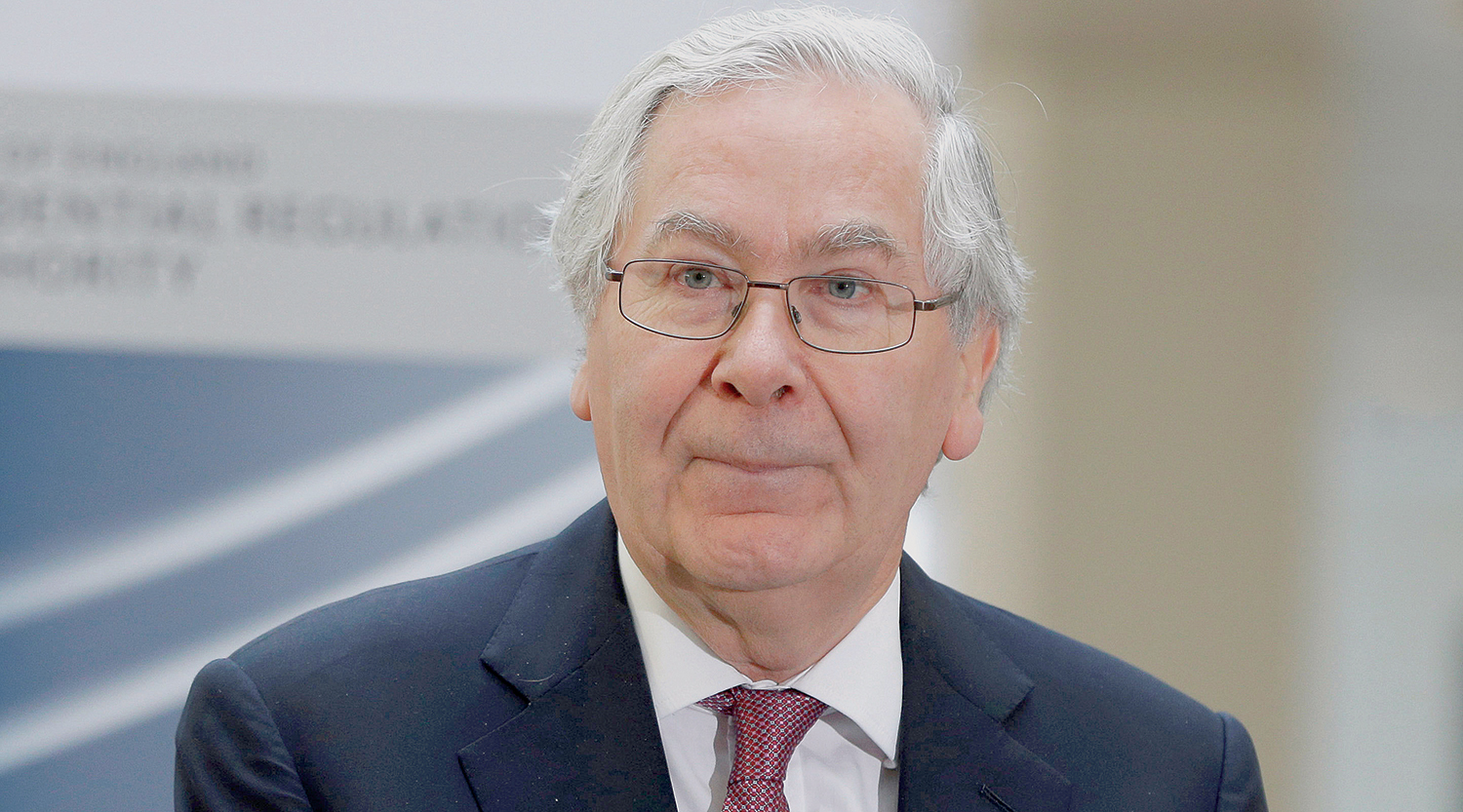

LONDON: Britain needs to make clear to the European Union that it is prepared to go it alone if it fails to reach a satisfactory deal in Brexit talks, former Bank of England Governor Mervyn King said on Saturday.
King — who said in December that Britain should leave the EU’s single market and possibly its customs union — said his country needed to be able to show that it had a clear plan of how it would manage without an EU trade deal.
“If you are going to have any successful negotiation, you have got to have a fall-back position, which the other side understands and believes is credible,” King said in a BBC radio interview to mark 10 years since the start of the global financial crisis.
Britain is due to leave the EU in March 2019 and began its formal exit talks in June.
Initial areas of disagreement include Britain’s financial liabilities, the rights of EU citizens already living in Britain, and border arrangements between the British province of Northern Ireland and the Irish Republic, an EU member.
If Britain fails to reach a deal, trade would be governed by the World Trade Organization, which allows both sides to impose import tariffs and customs checks, and does not replicate existing agreements on sectors such as airlines and financial services.
On Thursday King’s successor as BoE governor, Mark Carney, said Brexit worries were weighing on business investment and pay decisions, and that sterling’s fall since the June 2016 Brexit vote was to blame for above-target inflation.
In the BBC interview, King said British policymakers had done too little to help people whose skills had become uncompetitive because of globalisation, adding that high levels of immigration were partly to blame.
“Because we have had very large immigration into the UK, employers in the UK have stopped investing in skills and training in Britain... and the same is true in the US,” he said. “These are problems we need to think quite deeply about.”
Restricting migration was a major reason many Britons voted for Brexit. But most British economists say the gains from free trade and EU migration significantly outweigh any costs.
Previous BoE research has found that big increases in migration have a small negative impact on wages, especially for workers in low-skilled service sector jobs.
On Friday Irish Prime Minister Leo Varadkar said in Belfast that his government wanted to build “bridges not borders” with neighbouring Northern Ireland as he reiterated his opposition to an economic border on the island of Ireland after Brexit.
“Brexit seriously risks driving a wedge between Northern Ireland and Ireland, between Britain and Ireland,” Varadkar warned, in his first visit to the British province since taking office in June. “And I cannot imagine who benefits from that.”
Cross-border infrastructure projects such as roads were made possible due to the current free movement of goods and people, he said. “That’s our vision for the future: building bridges, not borders,” he said.
— Reuters/AFP
Oman Observer is now on the WhatsApp channel. Click here



